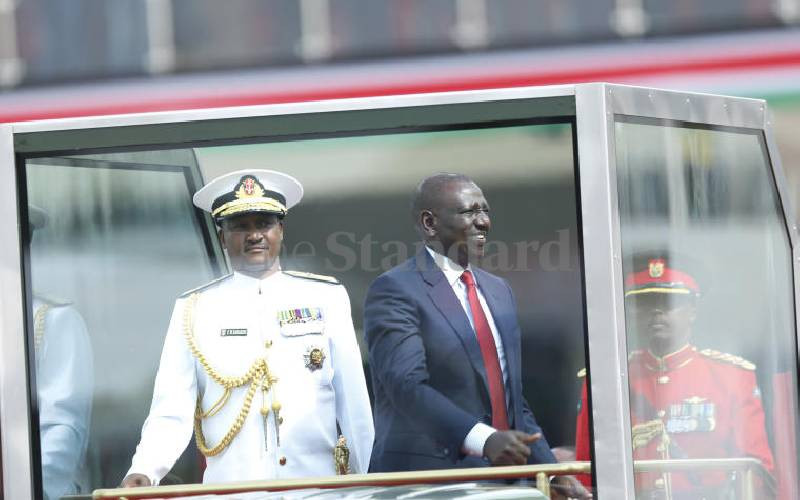×
The Standard e-Paper
Kenya’s Boldest Voice

As Kenya marked 60 years since it became a republic, President William Ruto celebrated progress but failed to address insecurity, abductions and other human rights violations.
The silence comes amid growing number of disappearances and deaths linked to a police crackdown on government critics following protests mid this year.